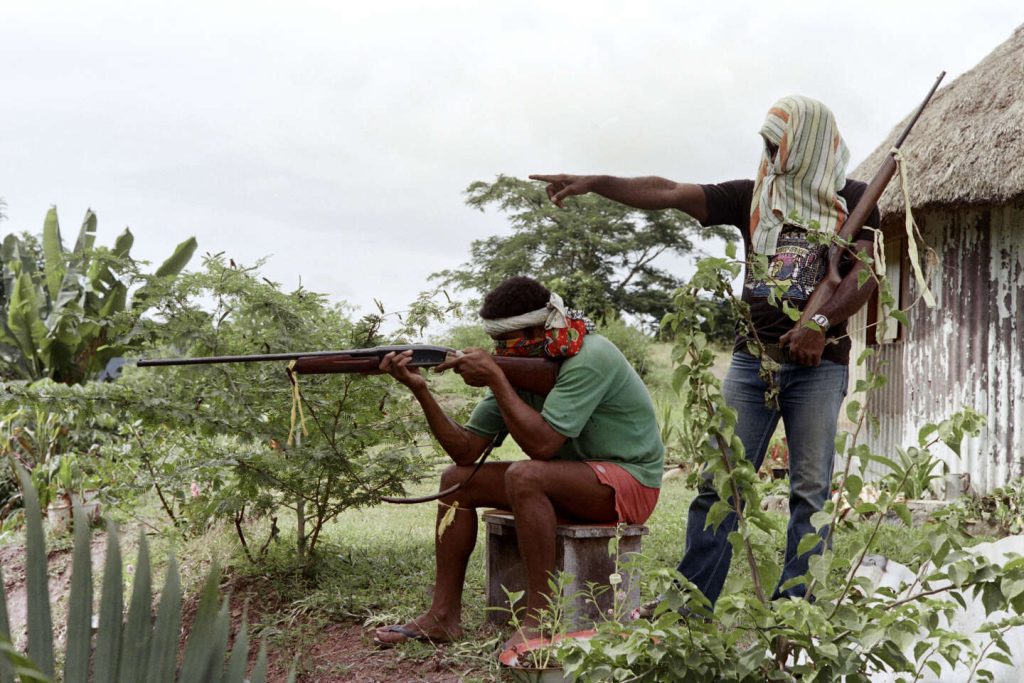After 131 years of French presence in New Caledonia, tensions between independence activists and loyalists reached a breaking point in 1984 when the Front de libération nationale kanak et socialiste (FLNKS) called for a boycott of territorial elections. This led to increased violence, culminating in the tragic hostage-taking events in Ouvéa in 1988. In the midst of these extreme tensions, Jean-Marie Colombani delves into the complex history of French presence in the region, highlighting the struggles and conflicts that have shaped the island’s identity over the years.
Jacques Lafleur, a prominent figure in New Caledonia’s political scene, emerged as a key leader of the loyalist movement in the face of armed resistance from independence advocates. As a member of the RPR party, Lafleur played a significant role in uniting loyalist factions and resisting the calls for independence. This portrait offers insights into Lafleur’s influential role in shaping the political landscape of New Caledonia for nearly three decades since the 1980s.
The events of the Ouvéa hostage crisis in 1988, where Kanak independence fighters attacked a gendarmerie and took hostages, marked a turning point in the conflict between independence activists and loyalists. The subsequent intervention by the French government, which resulted in the deaths of both hostages and Kanak fighters, raised questions and sparked doubts about the handling of the situation. This article explores the lingering mystery and unanswered questions surrounding the tragic events at Ouvéa.
Following the Ouvéa crisis, the Matignon Accords were signed in June 1988, marking a fragile compromise between independence advocates and loyalists and laying the groundwork for a potential path towards independence. Negotiated under the leadership of Prime Minister Michel Rocard, the accords represented a significant step towards reconciliation but also highlighted the challenges and complexities of the process towards achieving independence for the region.
The assassination of Jean-Marie Tjibaou and Yéiwéné Yeiwéné in May 1989 dealt a severe blow to the unity and stability of the Melanesian community in New Caledonia. With no clear successors to Tjibaou’s leadership within the FLNKS coalition, the region faced a precarious future marked by uncertainty and potential extremist impulses. This tragic event further underscored the deep divisions and challenges facing New Caledonia as it navigated its path towards independence in the aftermath of the Ouvéa crisis.
As the island grappled with the aftermath of the assassinations and the uncertain future of its political landscape, the legacy of Tjibaou and Yeiwéné loomed large as a reminder of the fragility of peace and stability in New Caledonia. The absence of strong leadership and the resurgence of extremist sentiments posed significant challenges to the region’s aspirations for autonomy and self-determination. The article concludes with a sobering reflection on the complex and tumultuous journey of New Caledonia as it continues to navigate the tensions and divisions that have shaped its history and identity.


